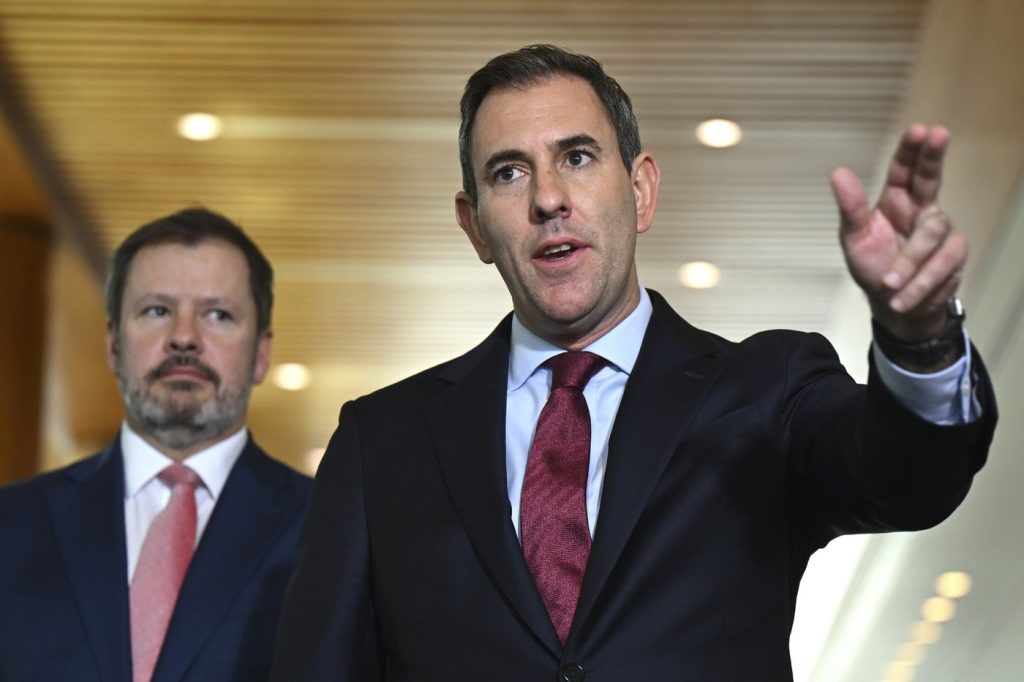
The Managing Director, Project Management Institute, Sub-Saharan Africa, George Asamani has recommended a revolutionary shift in skill-building for Africa to experience industrial transformation. In a statement, the project management expert said: “As we mark Africa Industrialisation Day, we are reminded of the transformative potential of industrialisation in reshaping the continent’s economic landscape, generating employment, and raising standards of living for the approximately 1.5 billion inhabitants.
“We look toward a future driven by the Fourth Industrial Revolution and the rise of automation, advanced manufacturing, digital transformation, and Artificial Intelligence, the question emerges: How do we best prepare Africa’s workforce for this new age,” he queried. According to him, “The answer lies in building a robust base of project management skills—skills that are not just peripheral but central to successful industrialisation.” Asamani stated that each era of technological advancement, from the age of steam to the advent of digital, has been propelled not merely by inventions and resources but by skilled people capable of harnessing and managing those resources effectively.

“Each leap forward required new knowledge, execution, and the ability to navigate complex projects clearly. Industrialisation is not just about factories, machinery, or technology; it is about managing these elements cohesively to create value. And this is where project management skills play a pivotal role.
Whether establishing new production facilities, transitioning to cleaner energy sources, integrating digital technologies, or flying back to the moon, the success of these efforts hinges on structured, disciplined approaches to planning, executing, and monitoring complex projects. Project management is, in essence, the backbone of industrial progress.” In China, he said: “Megaprojects transition from concept to completion with remarkable efficiency, driven by a deep pool of project management expertise.
In Africa, the journey for similar projects often takes longer and demands more resources, highlighting the critical impact of a skills gap in project management. “This skills gap underscores a crucial barrier to Africa’s industrial progress; without a robust base of project management expertise, the continent faces slower project cycles and reduced global competitiveness,” he added. He noted that collaboration between governments and industry can bridge skill gaps by aligning training programmes with market needs.
“Public-private partnerships can provide resources for skill development, particularly for small and medium-sized enterprises, ensuring that project management skills reach across all levels of the economy. “Incorporating project management into technical and vocational education will also ensure that young Africans enter the workforce with essential skills.” This can begin as early as secondary school, where students learn the basics of planning, teamwork, and goal-setting, extending through to university curricula in engineering, technology, and business.
“Africa’s industrial revolution must not be seen only as machinery or manufacturing but as people empowered to lead, manage, and sustain growth. By committing to this vision, we can chart a path for the continent to keep pace with global industrial advances while setting its own course toward sustainable development.”.












